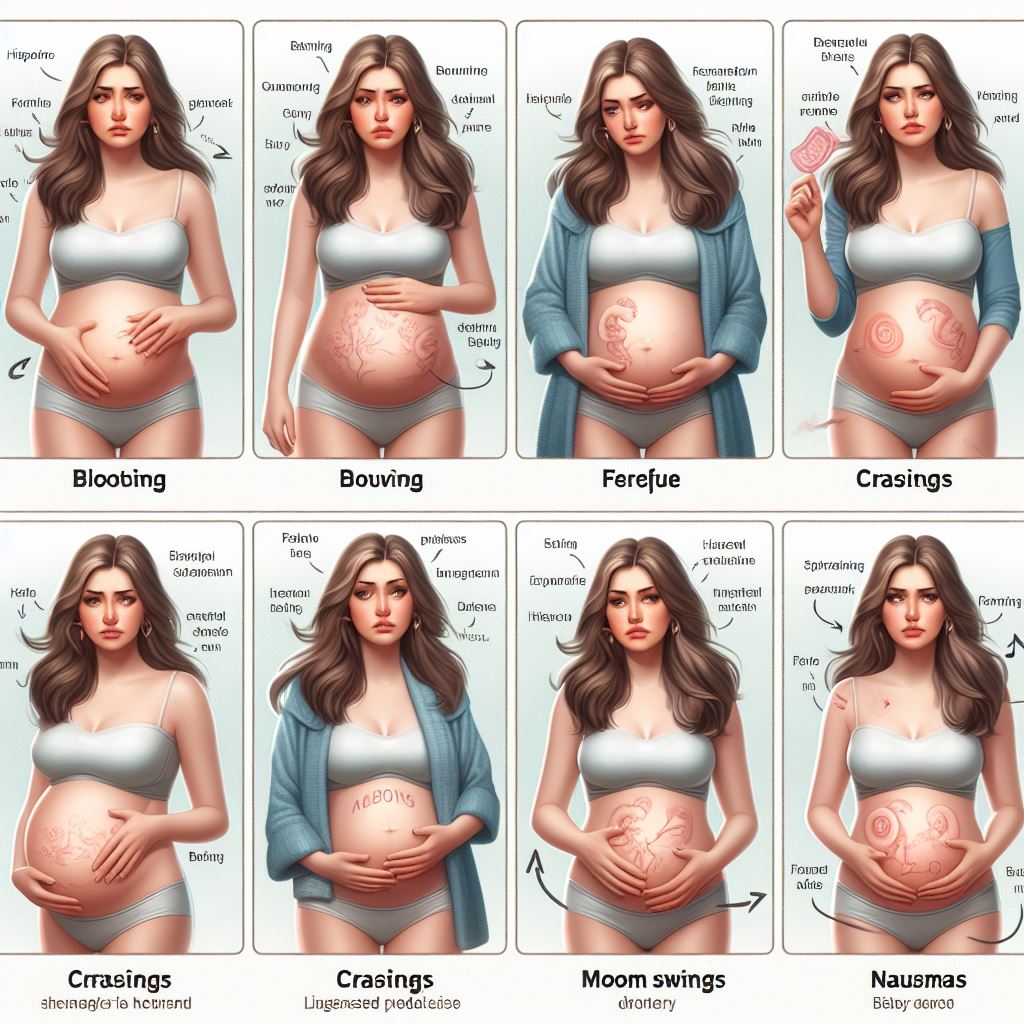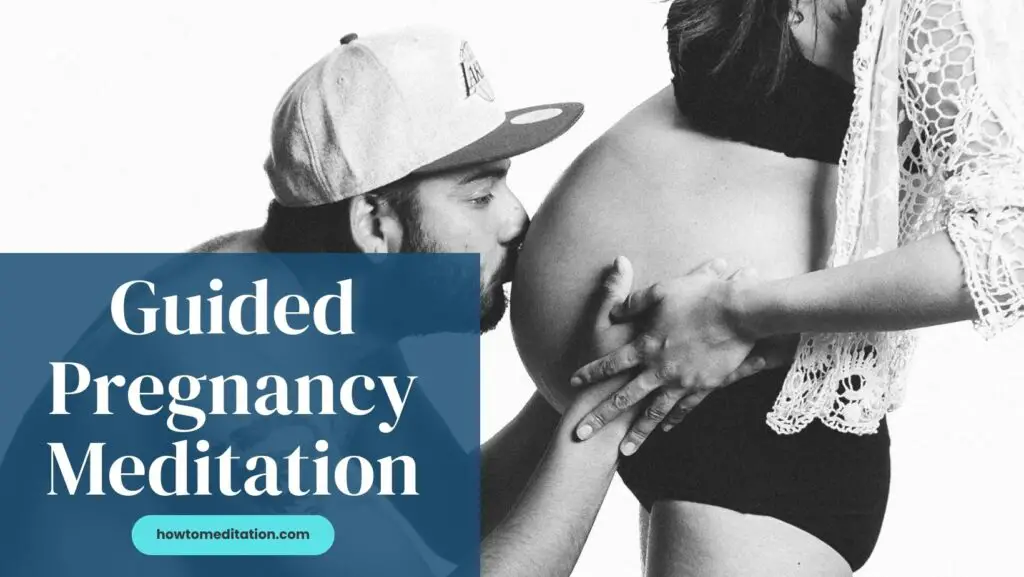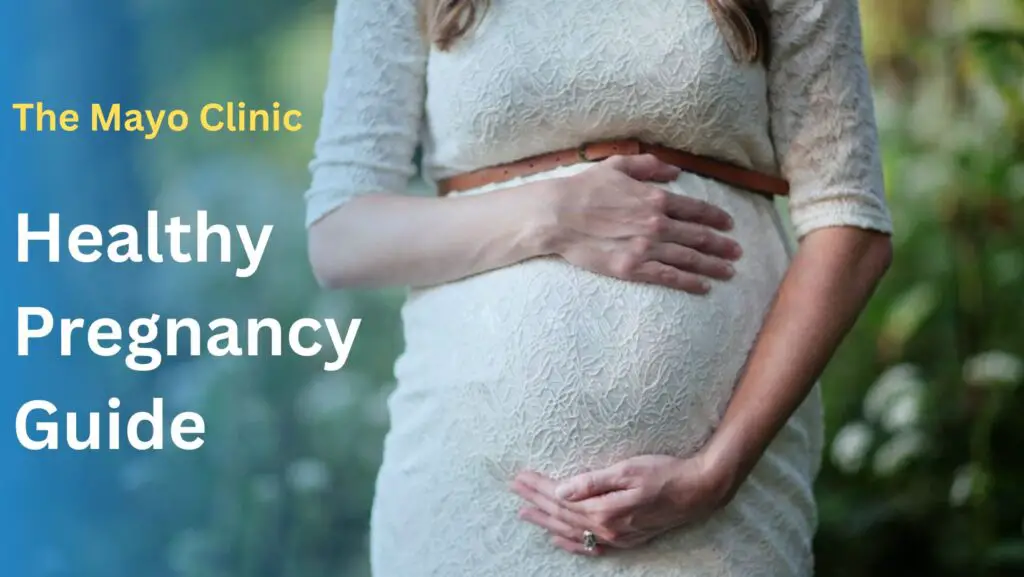Are you breastfeeding as a new mom and secretly wondering if another baby might be on the way? The unexpected adventure of motherhood is an ever-tidy one, and sometimes, surprises come in the most unexpected packages. If you’re feeling overwhelmed by your little one and you’re expecting another baby, here’s a guide to getting started on their quality, decoding the earliest signs, and helping you keep the milk flowing for your little one.
Very Early Signs of Pregnancy 1 Week While Breastfeeding
- Subtle Changes in Breast Sensitivity: Breastfeeding already gives your breasts a workout, but if you notice unusual tenderness or tenderness, it could be the start of something more. While this may be a result of hormonal shifts from breastfeeding, it may also be a feeling of unusual well-being or ease, which is considered a pregnancy-detecting indicator for a woman.
- Increased Fatigue Levels: Being a mom is a full-time job, but you can’t get enough of it if you can get sleepless nights with regards to your daytime hours. Early pregnancy can be extremely tiring, adding additional positions to the existing goals of newborn care.
- Social change of mind and thoughts: Hormones work very badly, and during rainy season and early pregnancy they need to hit on your emotional engagement. If you find yourself on an emotional rollercoaster between crying and laughing, it could really be a sign of a surprise aging in your body.
- High-definition sense of smell: Surprised or smelling something unpleasant for no reason? Your nose can detect subtle changes in your body. A heightened sense of smell is a contained early pregnancy sign and may even become more apparent when you occasionally indulge in the sweet smell of baby lotion.
- Diet changes: Breastfeeding definitely makes you feel hungry, but if you’re experiencing extreme cravings for your diet changes and especially different food combinations, it could be your body’s suggestion for a pregnancy interview. He was not resistant to the extraordinary passion for pies and ice cream!
- Spotting or light bleeding: Breastfeeding usually returns the menstrual cycle, but if you notice any spotting or light bleeding, it could be implantation bleeding, one of the earliest signs of pregnancy. Keep an eye on your body’s extraordinary discharge, perhaps in a new life.
- Drinking more water: Sure, you’re known to go to the bathroom more often thanks to postpartum hydration, but you’re finding yourself stopping a lot more, as the pregnancy progresses. A growing uterus puts pressure on your prostate, which requires a lot of growth.
- Mild cramping or abdominal discomfort: Postpartum as your body readjusts and prepares for a possible new life, you may experience mild cramping or discomfort in the lower abdomen. It’s easy to dismiss it as post-partum pain, but it can be one of the early pregnancy signs.
- Basal Body Temperature Changes: As a part of family planning you have been carefully tracking your basal body temperature (BBT) as it can increase carefully which may be most likely to pass your internal state. This persistent growth can be indicative of pregnancy, especially in conjunction with other symptoms.
- Cramps and Abdominal Feelings: Never, the most reliable indicator of pregnancy is abdominal feelings. Trust your feelings; If you have a feeling that something is different, it can be reviewed.
Easy dance of early pregnancy joy and lack while breastfeeding. Remember to listen to your body, trust your feelings, and seek help from healthcare professionals when needed. Whether you’re longing for another addition to your family or feeling overwhelmed by the idea of a new loved one, the unique story of motherhood in its beautiful complexity is a rollercoaster of unknown throbbing, cravings, and interjections that is just another chapter in your incredible love and nurturing journey.
FAQ
- Can you get pregnant while breastfeeding?
- Yes, it’s possible to conceive while breastfeeding, especially if you’re not using contraception. While breastfeeding can suppress ovulation and menstruation for some women, it’s not a guaranteed form of birth control.
- What are the very early signs of pregnancy while breastfeeding?
- Early signs may include subtle changes in breast sensitivity, heightened fatigue levels, mood swings, increased sense of smell, changes in appetite, spotting or light bleeding, increased frequency of urination, mild cramping or abdominal discomfort, changes in basal body temperature, and intuition or gut feeling.
- Is it normal to experience symptoms of pregnancy while breastfeeding?
- Yes, it’s possible to experience symptoms of pregnancy while breastfeeding. Hormonal changes associated with breastfeeding can sometimes mimic early pregnancy symptoms, making it challenging to differentiate between the two.
- How soon can you detect pregnancy while breastfeeding?
- While some women may experience early signs of pregnancy as soon as one week after conception, it’s typically recommended to wait until you’ve missed a period or at least two weeks after conception to take a pregnancy test for more accurate results.
- Does breastfeeding affect the accuracy of pregnancy tests?
- Breastfeeding itself doesn’t affect the accuracy of pregnancy tests. However, the presence of the hormone hCG (human chorionic gonadotropin) in your urine, which indicates pregnancy, might be lower in breastfeeding women, potentially affecting the sensitivity of some pregnancy tests.
- Should I stop breastfeeding if I suspect I’m pregnant again?
- It’s essential to consult with your healthcare provider if you suspect you’re pregnant while breastfeeding. In most cases, continuing to breastfeed is safe during pregnancy, but your healthcare provider can provide personalized guidance based on your specific circumstances.
- Can breastfeeding prevent ovulation and pregnancy?
- Breastfeeding can suppress ovulation and menstruation for some women, but it’s not a reliable form of birth control. This method, known as lactational amenorrhea, is most effective when specific criteria are met, such as exclusively breastfeeding on demand, including overnight feedings, and avoiding supplementation with formula or solid foods.
- What should I do if I experience pregnancy symptoms while breastfeeding?
- If you suspect you might be pregnant while breastfeeding, it’s essential to take a pregnancy test for confirmation and consult with your healthcare provider. They can offer guidance on managing symptoms, adjusting your breastfeeding routine if necessary, and addressing any concerns you may have.
- Can breastfeeding affect fertility and conception?
- While breastfeeding can temporarily suppress fertility and delay ovulation for some women, it’s not a reliable form of contraception. Fertility can return at different times for each woman, so it’s crucial to use alternative methods of birth control if you’re not ready for another pregnancy.
- How can I differentiate between pregnancy symptoms and breastfeeding-related changes?
- Distinguishing between pregnancy symptoms and breastfeeding-related changes can be challenging, as both involve hormonal fluctuations. Keeping track of your symptoms, paying attention to subtle changes in your body, and consulting with your healthcare provider can help clarify any uncertainties.
Learn Online Courses to grow your skills…






